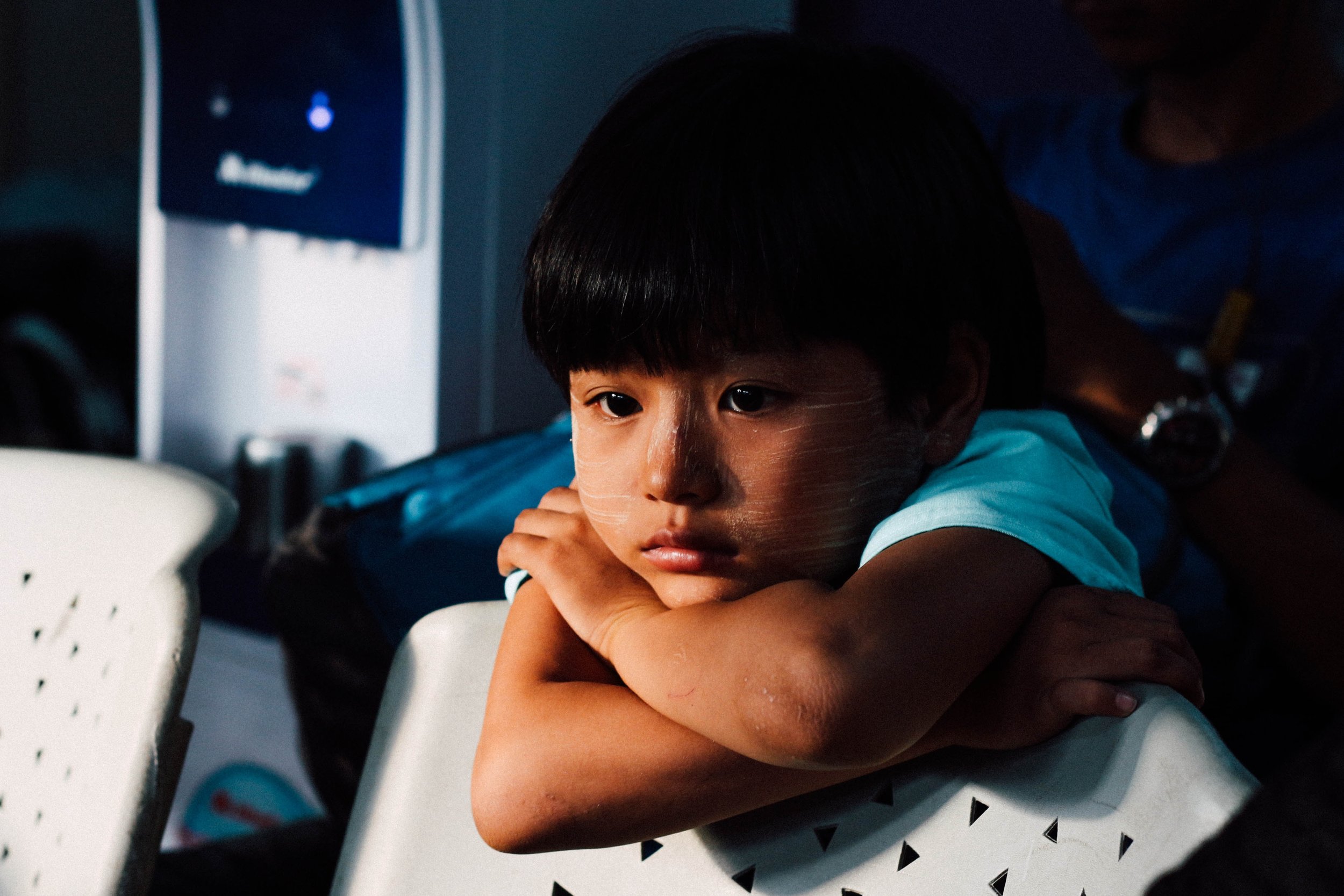According to ChildHelp.org, a report of child abuse is made every 10 seconds. Those same statistics tell us that every year, more than 3.6 million referrals are made to various child protection agencies for more than 6.6 million children.
There are multiple types of child abuse: physical, emotional, sexual, and neglect.
During National Child Abuse Prevention Month in April, take a moment to learn some of the signs of abuse and neglect so you can help break the cycle and change the lives of children who are hurting. (Info below from One With Courage.)
- New Fears: An abused or neglected child could develop new fears of situations, places, or people.
- Anger/Hostility: An abused or neglected child might take the anger they feel toward their abuser or situation out on others or on themselves.
- Sexual Behaviors: An abused or neglected child might act out sexually.
- Sleeping/Eating: A child might have problems sleeping or start having nightmares. They might have changes in their eating patterns, such as a sudden loss or gain in appetite.
- Problems at School: A change in grades or behavior in school is common. Teachers may notice a child’s grades slipping or that a child is having trouble concentrating.
- Boundaries: Look for changes in the way a child interacts with others. An abused or neglected child might become overly friendly to strangers, tolerate abuse or bullying from other children, become isolated or withdrawn, or become overly obedient.
- Self-Destructive: A child who is being abused or neglected might feel guilt and shame over their situation and may begin hurting themselves. Look for signs of cutting, drug/alcohol use, other forms of physical harm, and even suicide attempts.
So what do you do if you notice any of these signs? Contact ChildLine’s 24-hour hotline at 800-932-0313. Trained intake specialists will answer your call and determine the most appropriate course of action. Anyone can report suspected abuse – even if you wish to remain anonymous.
If you have reason to believe a child is in immediate danger, call 911.
Also, if you are a professional who works with children, you could be required to report any suspected abuse. Visit PA’s Family Support Alliance to find out if you are a Mandated Reporter.
To help change the lives of children who are abused and neglected, we hope you’ll consider becoming a CASA volunteer. If volunteering isn’t right for you, you can recommend someone you know to become a volunteer or make a donation to our program.


